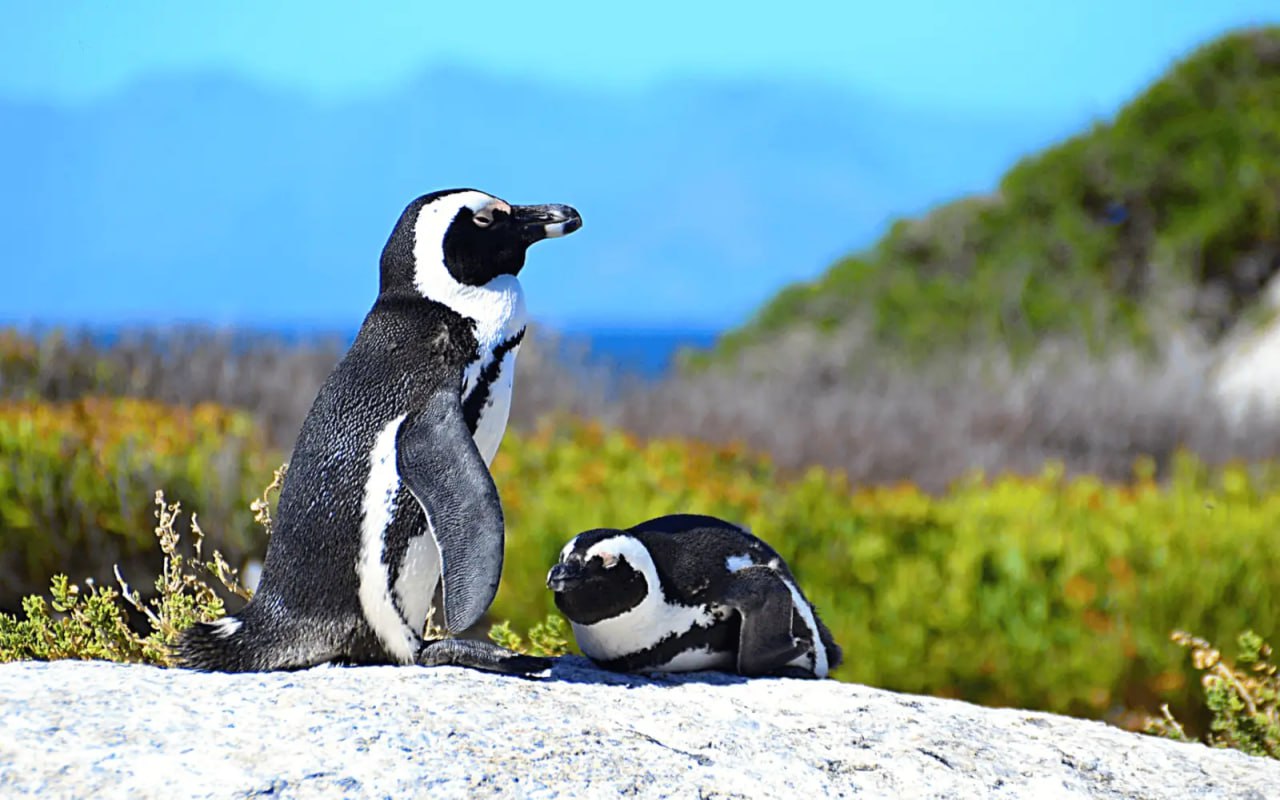The African penguin, a species native to the southern coasts of Africa, is facing a dire future and could be completely extinct by 2036 if urgent conservation measures are not implemented. This stark warning was issued by Kurt Martin, a representative of BirdLife South Africa, a leading non-governmental environmental organization.
“The African penguin, which is endemic to the southern and southwestern African continent, is in great danger,” Martin stated. “The number of breeding pairs is now less than 10,000. It is estimated that African penguins will be completely extinct by 2036.”
A Species on the Brink
Last month, the International Union for Conservation of Nature (IUCN) escalated the status of the African penguin to “critically endangered” on its Red List of threatened species. This makes it the first of 18 penguin species globally to reach this perilous category. Once a thriving population, the African penguin has suffered a catastrophic 97% decline over the last century.
Industrial Fishing and Habitat Loss
The primary driver of this rapid decline is industrial fishing along the coasts of South Africa and Namibia, which has severely depleted the penguins’ primary food sources, such as sardines and anchovies. The loss of food supply has been compounded by climate change, which disrupts marine ecosystems, and human encroachment on their natural habitats.
Recognizing the urgent need for intervention, South Africa has imposed a ban on commercial fishing in areas surrounding six key African penguin colonies. These colonies account for 76% of the global population of the species. However, conservationists warn that these measures, though significant, may not be enough.
“The penguins simply don’t have enough food to survive,” Martin emphasized. “The global community should step up to prevent the extinction of this penguin species.”
A Call to Action
Conservationists are calling for more comprehensive and collaborative efforts to save the African penguin. These include stricter enforcement of fishing regulations, expansion of marine protected areas, and restoration of their natural habitats.
Additionally, public awareness campaigns are being launched to draw attention to the plight of the African penguin. Ecotourism initiatives, which generate funding for conservation projects while educating the public, are also being explored as part of the solution.
The Broader Impact
The extinction of the African penguin would not only mark the loss of a unique species but also disrupt the delicate balance of marine ecosystems. African penguins play a vital role as indicators of ocean health, and their disappearance would signal broader environmental challenges affecting the region.
Moreover, the species holds cultural and economic significance, particularly in South Africa and Namibia, where it is a key attraction for wildlife tourism.
Hope Amid the Crisis
While the situation is critical, conservationists believe there is still time to reverse the trend. International cooperation, robust policy implementation, and grassroots advocacy are seen as essential components in saving the African penguin.
“The story of the African penguin is a call to action for humanity,” Martin concluded. “We must act decisively, not just to save this species, but to protect the fragile ecosystems that sustain all life on Earth.”
The next decade will be pivotal for the African penguin, and its fate will depend on collective efforts to prioritize conservation and sustainable practices. The world is watching as this iconic species battles for survival, a poignant reminder of the broader challenges facing wildlife in a rapidly changing environment.













Leave a comment